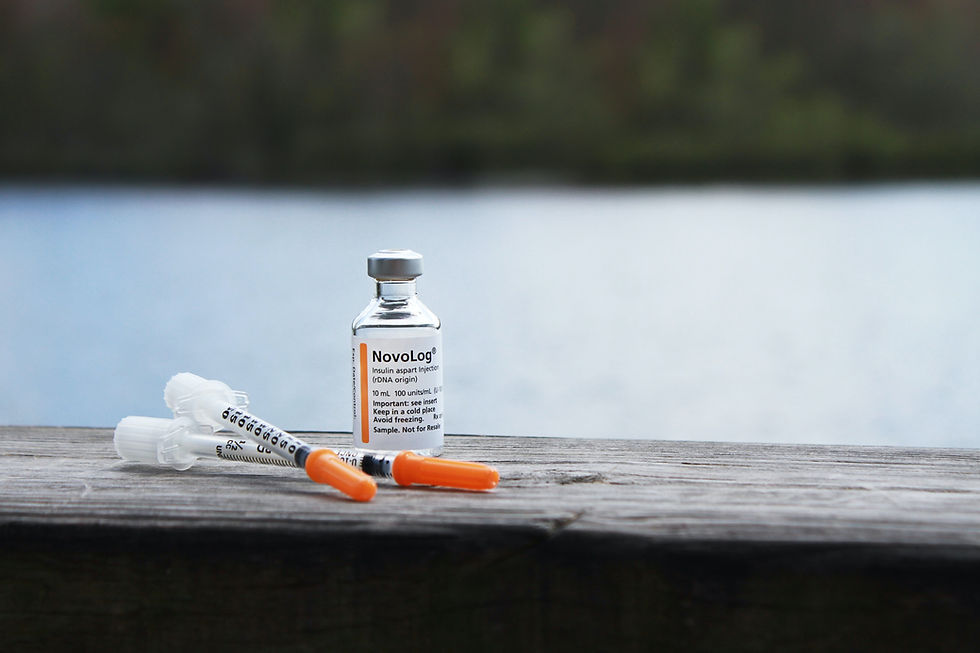Ghana Leads the Way: World's First Approval of Oxford Malaria Vaccine
- Yash Pincha
- Apr 15, 2023
- 2 min read

London, April 13 - In a significant breakthrough, Ghana has become the pioneering nation to grant approval for a groundbreaking malaria vaccine developed by Oxford University. This remarkable achievement holds the potential to revolutionize the fight against a disease that tragically claims the lives of countless children annually.
Ghana's decision to approve the malaria vaccine marks a unique precedent, given that it comes prior to the release of final-stage trial data. The vaccine's deployment timeline in Ghana remains uncertain, awaiting evaluations by other regulatory bodies, including the World Health Organization (WHO), which are assessing its safety and effectiveness.
Malaria, transmitted by mosquitoes, exacts a devastating toll, causing the deaths of over 600,000 people each year, primarily affecting children in Africa.
The historic approval by Ghana's Food and Drugs Authority (FDA Ghana) grants full national licensure for the malaria vaccine, specifically for children aged 5 to 36 months—the age group most vulnerable to the disease's lethal impact.
During Phase II trials, the malaria vaccine demonstrated remarkable efficacy and safety levels, even in children who received a booster dose one year after the primary three-dose regimen. Notably, the booster dose of R21/Matrix-M vaccine consistently met the World Health Organization (WHO)'s target of at least 75 percent efficacy, as outlined by Oxford University.
The global endorsement of the R21 vaccine by the WHO is pending, and until such a recommendation is made, uncertainties linger regarding the extent of international funding accessible for its distribution. While the vaccine's phase 3 trial is currently underway, prior studies have demonstrated consistent efficacy rates of 77%, even after administering a sole booster dose one year later.
As the global community awaits further results from the ongoing R21/Matrix-M vaccine trials later this year, Ghana's bold step serves as a beacon of hope. By advancing innovative solutions like this vaccine, humanity inches closer to conquering one of its most persistent and devastating foes. This achievement is a testament to collaborative efforts and scientific prowess, showcasing how breakthroughs in medicine can be a resounding victory for humanity's well-being and progress.
Source: University of Oxford, "Malaria vaccine becomes first to achieve WHO-specified 75% efficacy goal", https://www.ox.ac.uk/news/2021-04-23-malaria-vaccine-becomes-first-achieve-who-specified-75-efficacy-goal, 23 Apr 2021. [Date accessed April 15th 2023].
Gallagher, James. BBC, "Ghana first to approve 'world-changer' malaria vaccine", https://www.bbc.com/news/health-65252511, 13 April 2023. [Date accessed: April 14th 2023]




Comments